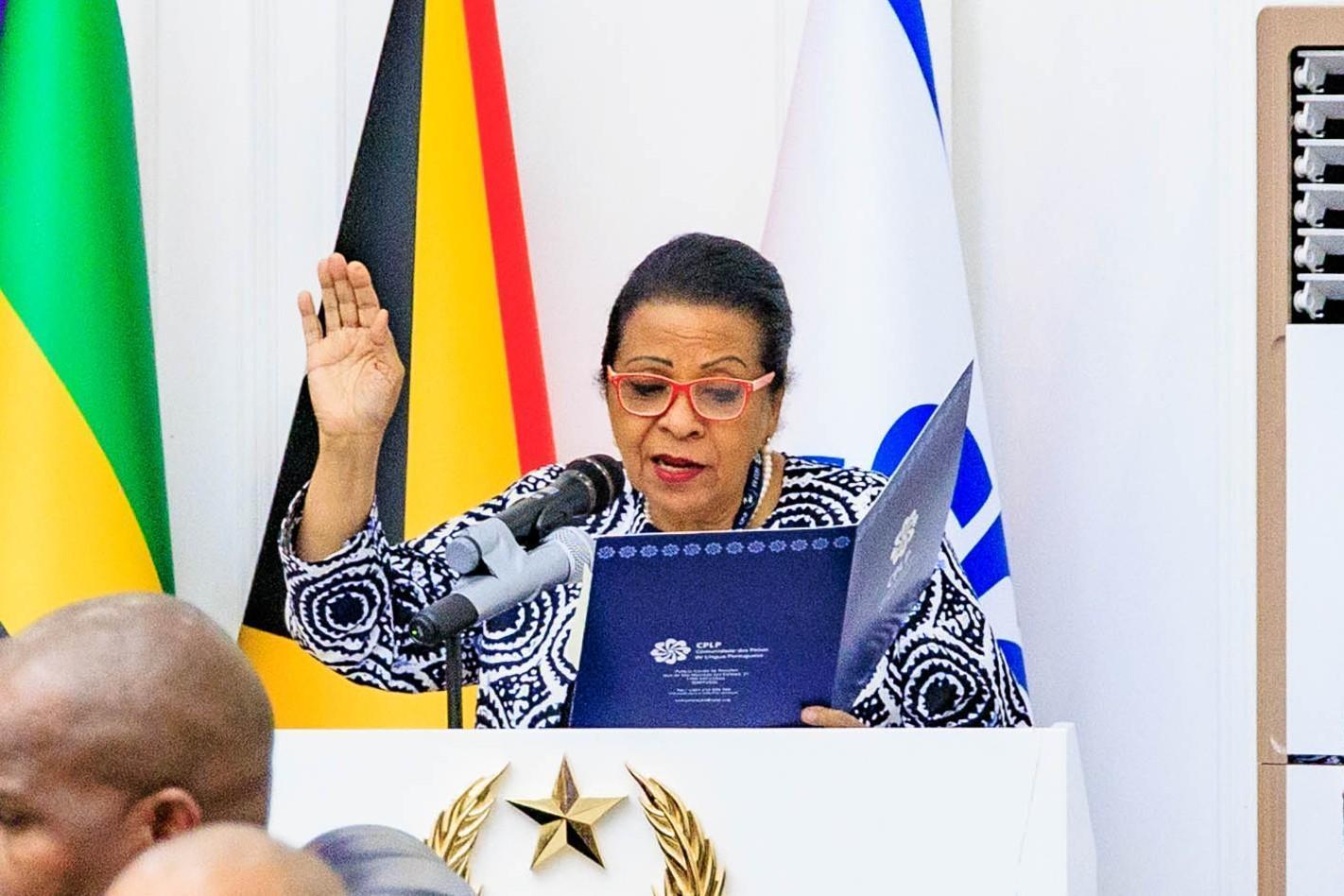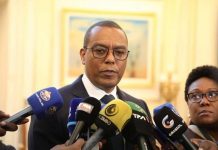Africa-Press – Angola. The Executive Secretary of the Community of Portuguese-Speaking Countries (CPLP), Fátima Jardim, reaffirmed this Friday in Luanda the organization’s commitment to strengthening cooperation in the areas of security, mobility, and sustainable development.
Speaking at the 6th Meeting of Ministers of the Interior and Internal Administration of the Member States, held in Luanda, she stressed that mobility continues to be “one of the most impactful and visible issues” within the Portuguese-speaking community.
She recalled that since the signing of the Mobility Agreement in 2021, also in Luanda, and its ratification by all Member States in just 15 months, significant progress has been made in creating conditions for the free movement of citizens, respecting the pace and specificities of each country.However, she acknowledged that challenges persist in harmonizing legislation and administrative practices, as well as in consolidating trust between national systems.
In this context, she announced that the CPLP is working on implementing a common document security strategy and operationalizing the technological mobility platform, initiatives aimed at ensuring a more transparent, predictable, and secure process.
The official also highlighted the link between security, peace, and development, emphasizing that “it is not possible to promote development without security, nor to guarantee security without peace.”
According to Fátima Jardim, multilateral cooperation is fundamental to confronting transnational threats, such as human trafficking, drug trafficking—aggravated by synthetic drugs—and other organized crimes affecting the countries of the community.
The executive secretary also reaffirmed the CPLP’s commitment to labor and social mobility through the future CPLP Social Security Convention, whose ratification is expected soon in Cape Verde.The document, she explained, will allow for the portability of social security benefits and rights for migrant workers within the Portuguese-speaking world, strengthening social protection and economic integration.
In the area of education and culture, Fátima Jardim advocated for the valorization of the Portuguese language as a factor of identity and cohesion, as well as the mutual recognition of university degrees, curricular harmonization, and the strengthening of scientific and technological cooperation among member states.
With a combined population of approximately 240 million people, and a projected population of 500 million in the next 30 years, the CPLP aims to consolidate itself as a community of sustainable development, based on solidarity, friendship, and the sharing of common values.
“We have a geostrategic position that can unite different civilizations, societies, and peoples. Responsibility and mutual trust will continue to be the pillars of the commitments we have been building,” stated Fátima Jardim.The ministerial meeting was preceded by technical meetings and work by the standing committees of the CPLP police bodies, which prepared the basic documents and recommendations approved at the Luanda session.
For More News And Analysis About Angola Follow Africa-Press






